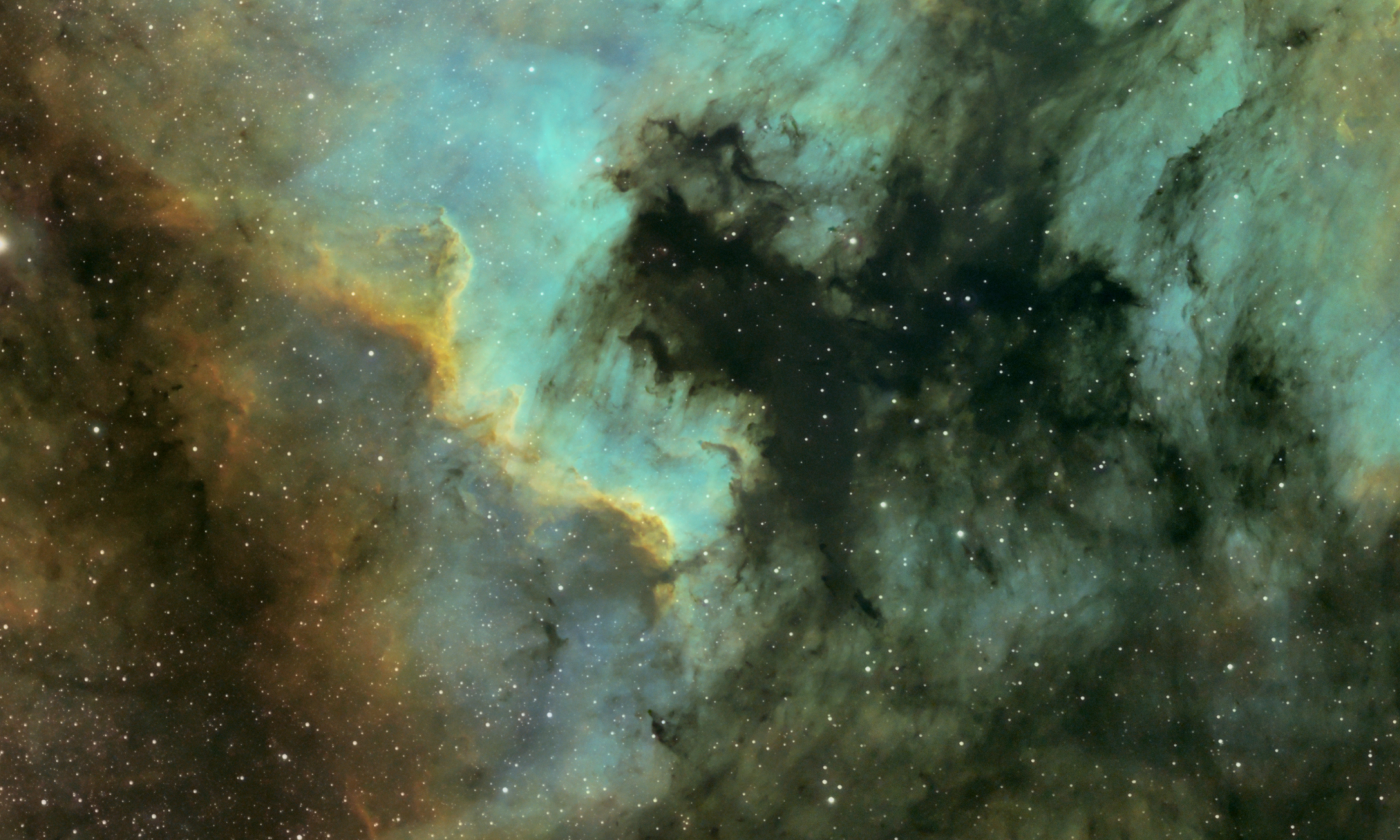Today, we release version 4.0.0 of the UAT!
Updates and Changes
In addition to the usual updates and additions to concepts found in the Unified Astronomy Thesaurus, this update also brings with it some minor technical changes and updates that will hopefully help developers who are interested in implementing the UAT into their tools and platforms.
The largest content change this time would be the addition of over 850 definitions to UAT concept. A few people have been asking for these for a while, and this was finally the year to make some good headway on this. Almost all of these initial definitions were sourced from the Etymological Dictionary of Astronomy and Astrophysics, with a few being supplemented from other sources. Definitions for the remaining two-thirds of UAT concepts will be coming in future releases as they can be sourced and vetted.
About 50 concepts were added, while about 25 were deprecated, bringing us to a total of 2122 concepts. The additional concepts are mostly concentrated in the “Planetary science” branch, with some spill over into exoplanets. Alternate labels, scope notes, and examples were also added to over 100 concepts, all of which improve usage of the UAT in automated systems.
Which leads me to those technical updates I mentioned earlier. Deprecated concepts can now be found in the UAT_deprecatedConcepts.rdf file. More usefully, I’ve gone back through that list of deprecated concepts and added “Use instead” notes for every single one, pointing back to one or more concepts that could be used in lieu of the original concept. These notes are found as “changeNotes” in UAT_skosnotes.rdf.
As many developers (including myself) prefer working with json, I’ve also expanded the files available in that format.
- UAT.json should be compatible with systems that had been using the prior version of this file. It contains the full UAT organized into a hierarchy, but now it contains a lot more information about each concept, including definitions, other notes, and related links. It also has a section to list all the deprecated concepts and their suggested redirects.
- UAT_simple.json this is an updated version of the older UAT.json file. It only includes the concepts and their URIs in a hierarchy. I don’t expect this file to be very useful, but it’s here if anyone needs to work with a slimmed down file.
- UAT_list.json would be great if you need to look up information for a specific concept and don’t want to navigate through the whole hierarchy to find it. Similar to UAT.json, this file contains all information available about each concept, but nothing is nested, and the deprecated concepts are listed right along with the active concepts.
Presentations and Events
In addition to our usual presence at the AAS Annual meeting, the UAT was visible at a few other events this year.
Stewardship and Impact of a Thesaurus for the Astronomy Community
I gave a poster presentation at the Special Libraries Association conference over the summer. The poster and presentation recording along with additional information from that event can be found here.
Powered by the Unified Astronomy Thesaurus
Last year, Frank Timmes recorded four short videos introducing the UAT to the astronomy community. This summer I followed up with him and we recorded three longer format videos discussing how to use the UAT, how authors can influence the uat, and how the UAT has been used in publications so far. All seven videos in this series can be found in this playlist on YouTube.
Unified Astronomy Thesaurus Informational Webinar
Speakers from IVOA, STScI, AAS, and ADS presented on their implementations, current and planned, of the Unified Astronomy Thesaurus. Slides are available here, and a video recording of the session should be added shortly.
Concluding Remarks
The Steering Committee wishes to thank those from the astronomy community who took the time to contribute feedback for improving the UAT. We also wish to thank the American Astronomical Society for continuing to support the growth of the Unified Astronomy Thesaurus, especially the editors who provided feedback for proposed changes.
Best,
Katie Frey
UAT Curator

